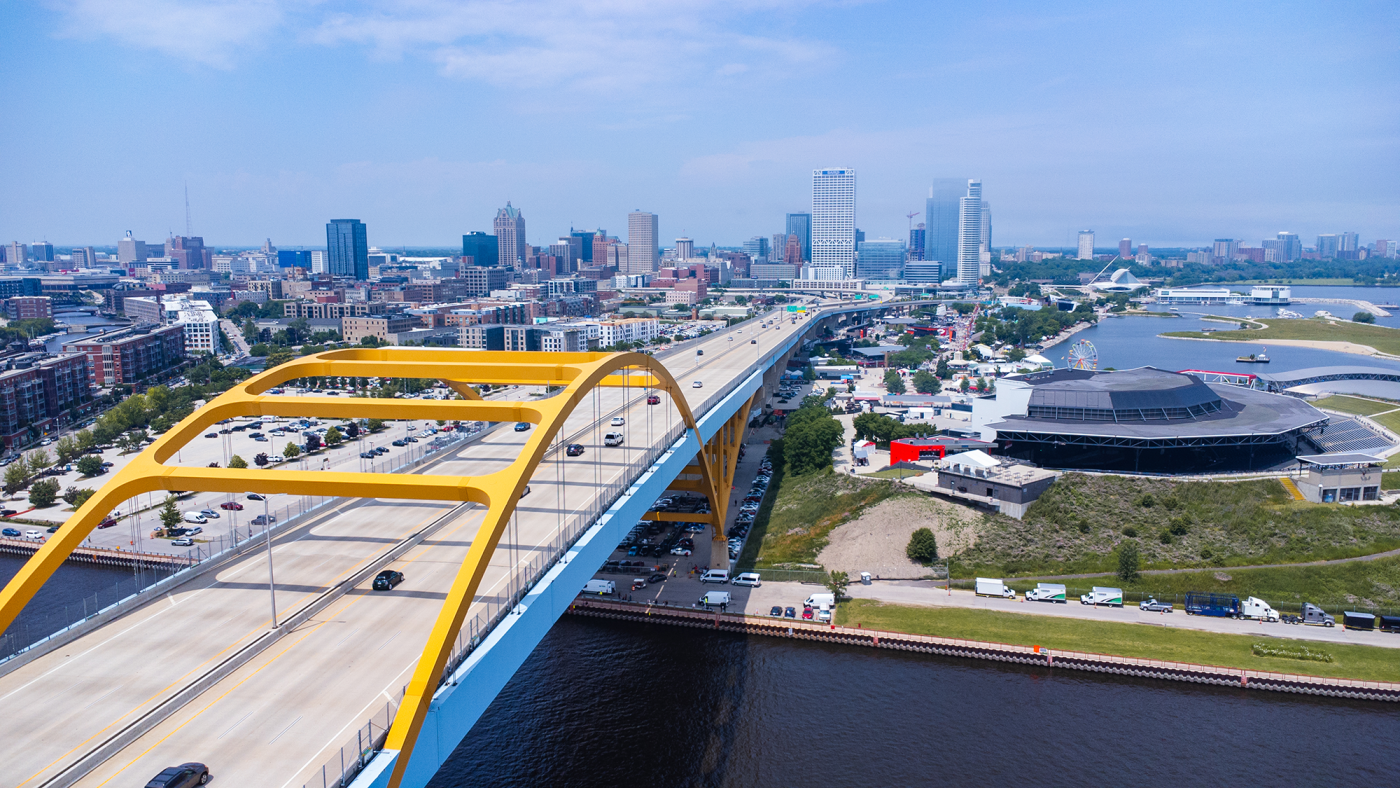Pulled Over? Here’s What NOT to Say

Getting pulled over for speeding in Wisconsin can be nerve-wracking, especially if you're unsure how to interact with the officer. While staying calm and respectful is crucial, it’s equally important to be mindful of what not to say. The wrong words can turn a minor infraction into a bigger issue—or even impact your ability to fight the ticket later in court.
Here’s what you should avoid saying when you're stopped for speeding in Wisconsin:
Ignorance of the law is not a valid defense. Telling an officer you didn’t know the speed limit might sound like a harmless admission, but it can be interpreted as a confession. Speed limits are posted for a reason, and it’s your responsibility to pay attention to them.
This argument won’t help your case. Officers hear it all the time, and it doesn’t excuse your behavior. Just because other drivers may be speeding doesn’t give you a free pass. It also implies you knew you were speeding, which is something to avoid admitting.
Whether you were late for work, a doctor’s appointment, or picking up your kids, admitting you were in a rush is essentially admitting guilt. While you may hope for sympathy, it’s more likely to be used against you if the officer decides to write a citation.
Asking for a warning outright can come off as pushy or presumptive. It’s better to be polite and let your demeanor and driving record speak for themselves. If the officer is inclined to issue a warning, they’ll do so without being prompted.
Even if you believe you were wrongly pulled over, the roadside is not the place to make that argument. Being confrontational can escalate the situation unnecessarily. Stay calm and respectful; you can always contest the ticket later in court if you believe it was issued unfairly.
Some people try to lighten the mood with humor or sarcasm, but this rarely works in your favor. You might come off as flippant or disrespectful, which could influence the officer’s decision.
Phrases like “I know I was speeding,” “You got me,” or “I usually don’t go that fast” are common but harmful. These statements are admissions and can make it difficult to challenge the ticket in court later.
Stay calm and polite.
Provide your license, registration, and proof of insurance when asked.
Avoid volunteering extra information.
If you plan to contest the ticket, keep your statements minimal and non-committal, such as “I see” or “I understand.”
A speeding ticket in Wisconsin can have consequences beyond a fine—like points on your license or increased insurance premiums. What you say during the traffic stop can significantly influence how the situation unfolds. By avoiding these common missteps, you give yourself a better chance of a smoother interaction—and potentially a better outcome in court.
If you, or someone you know, has received a traffic citation in Wisconsin, contact Buss Law, LLC today for a FREE consultation!
“DON’T FUSS, CALL BUSS!”
(414) 246-1000